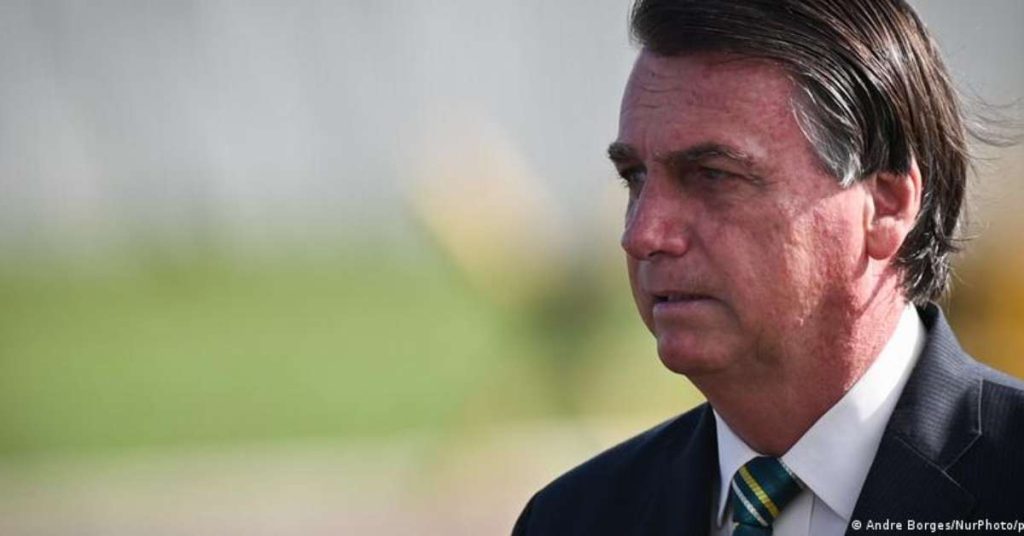President Jair Bolsonaro Confirmed on Thursday, 27, that will visit Russia In February, amid tensions between the Kremlin and the West over Ukraine. “I will be there next month to strengthen relations and improve trade relations,” the president told his supporters gathered in front of Palacio da Alvorada, his official residence in Brasilia.
Bolsonaro said the invitation came from the Russian president, Russian President Vladimir Putin. “We are aware of the problems that some countries have with Russia. But Russia is our partner. This is a journey that interests us and them,” he said.
Asked by a supporter if Putin would be conservative and “our people”, Bolsonaro replied that the Russian president was “conservative, yes.” “I will be there next month, looking for better understandings, business relations. The whole world is kind to us,” he declared.
Crisis between Moscow and Kiev
On Monday, Vice President Hamilton Muraw said that the trip to Russia may be canceled due to the serious crisis between Russians and Westerners. The crisis has worsened in recent weeks, after the Kremlin sent tens of thousands of soldiers and military equipment to the border with the neighboring country, raising fears of an invasion.
Russia is accused of being behind a separatist insurgency in eastern Ukraine that has killed more than 13,000 people since 2014, the same year that Moscow annexed Crimea, which was part of Ukrainian territory.
The trip to Russia is expected to take place between February 14-17 and will be followed by a visit to Hungary, where Bolsonaro is expected to meet Prime Minister Viktor Orban in Budapest.
Preference for leaders with an undemocratic personality
Both trips underscore the Brazilian president’s preference for meeting leaders of non-democratic regimes or where democracy is threatened.
Putin has guided Russia’s destiny for more than two decades, both as prime minister and as president. In 2020, he completed changes to the Russian constitution that could keep him in power until 2036.
In January 2021, Russian dissident Alexei Navalny was arrested landing at Moscow airport from Germany, where he had spent the past five months recovering from an attack with a nerve agent he attributed to the Russian government.
Recent elections to the State Duma, the lower house of the Russian Federal Assembly, have been marred by allegations of fraud and persecution of opponents.
Orbán has been in power since 2010 and will face elections in 2022. To secure his power, this far-right politician has already resorted to many tricks – from aligning most of the country’s media to a new electoral law favoring his party, the nationalist Fidesz.
Orban’s government has been facing accusations of anti-Semitism and homophobia, a target of frequent criticism from the European Union, recently over a controversial law against “promotion of homosexuality”.
Hungarian political analysts say that while elections remain free in Hungary, competition conditions are becoming increasingly unfair, with changes to the election law in favor of the prime minister’s party.
In 2021, Bolsonaro went to the United Arab Emirates, Bahrain and Qatar, where he met with representatives of the kingdoms that rule these countries with an iron fist.
Shortly before, he participated in the G-20 meeting in Rome. His participation was of little importance, and the leaders of the democratic countries present avoided speaking with the Brazilian president or even seeing them next to him.

“Music fanatic. Professional problem solver. Reader. Award-winning tv ninja.”






More Stories
Couple retakes glacier photo after 15 years, surprised by changes: ‘It made me cry’
Two killed in hotel collapse in Germany – DW – 07/08/2024
Lula speaks for half an hour on phone with Biden about Venezuela’s electoral impasse | Politics